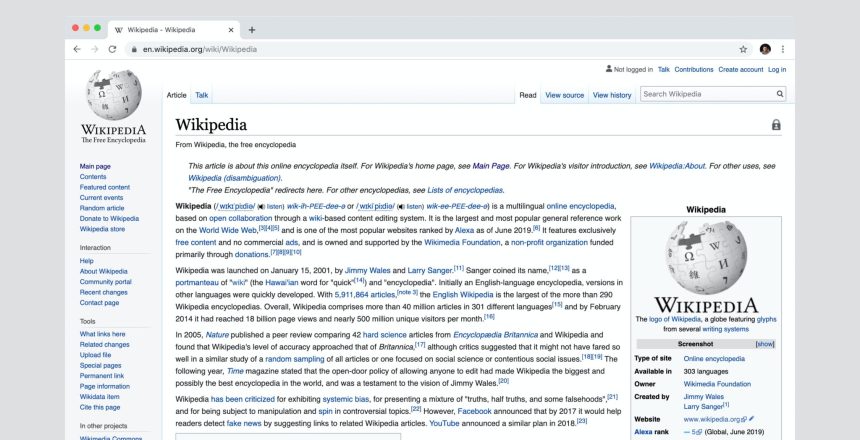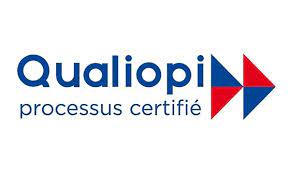Teachify Case Studies - Wikipedia
Hi Everybody!
In today’s Teachify Case Study we are going to be taking a look at one of the most popular websites in the world: online encyclopedia, Wikipedia.
Strangely enough, Wikipedia was not the first attempt at an online encyclopedia. In fact Wikipedia first began in 2001 as a project in conjunction with Nupedia, an online encyclopedia that was written by academic experts and reviewed under a traditional process.
Wikipedia.com was originally launched in an English language version. Wikipedia’s policy of remaining neutral was firmly established early on. Initially Wikipedia was intended to be a ‘for profit’ website which included advertisements. This changed, however after a backlash from its users and after the Spanish version of th website split from the website to create the encyclopedia libre. Jimmy Wales, one of Wikipedia’s founders, announced that the website would not display adverts and changed the domain to Wikipedia.org.
From here Wikipedia continued to grow and grow, in 2006 it was estimated that around 1,800 articles were being added per day! In 2007 the website surpassed the Yongle Encyclopedia to become the largest encyclopedia ever to be assembled!
Unlike traditional encyclopedias, Wikipedia allows pretty much anybody to create articles. This meant that in the beginning, factual inaccuracies and grammatical errors were commonly found in Wikipedia articles. Because of this Wikipedia began introducing new restrictions in order to ensure quality control. For example, now only users with an account on the site may create new articles. In addition, articles which are prone to ‘vandalism’ are locked and can only be edited by certain pre approved editors.
It was these differences between Wikipedia and other traditional encyclopedias which contributed to the website’s popularity. Because you don’t necessarily have to be an expert to contribute to an article, the website feels a lot more like an online community.
Wikipedia continues to run solely on donations instead of more traditional income streams like ad revenue. It is because of this that it is difficult to predict what the future will hold for Wikipedia…
Now, let's see what you can remember:
- Was Wikipedia the first online encyclopedia?
- In which year did Wikipedia first begin?
- What did Wikipedia turn it’s domain name to following a backlash from its users.
- Roughly how many Wikipedia articles a day were being written in 2006?
- What quality control measures did Wikipedia implement to make sure that its articles were of a good quality?
- How does Wikipedia make money?












